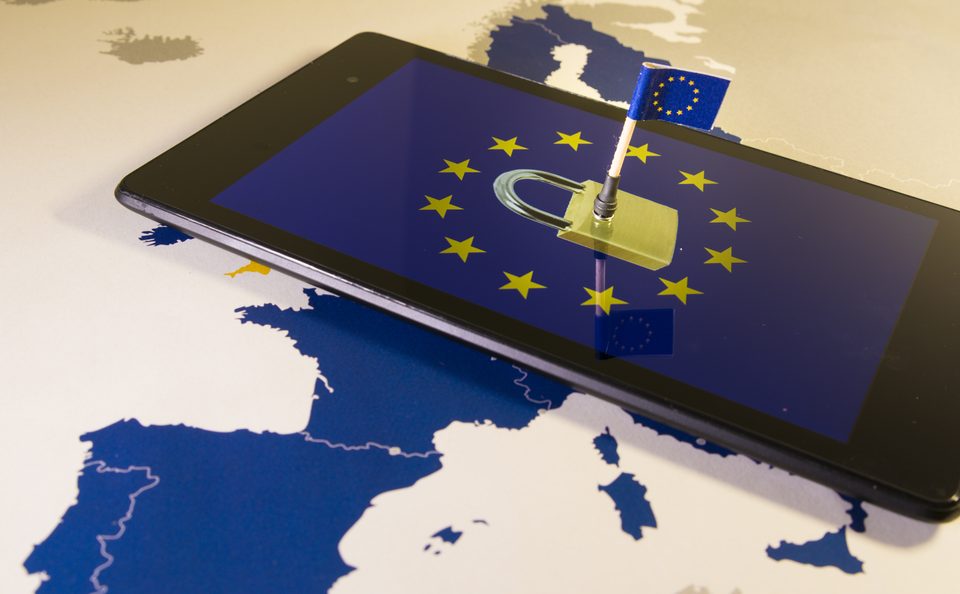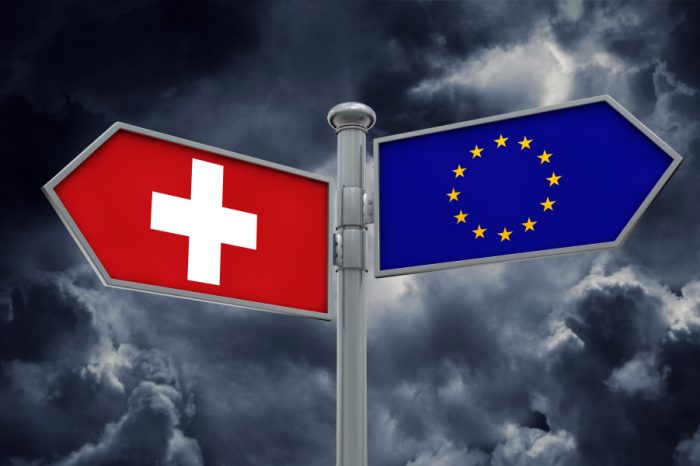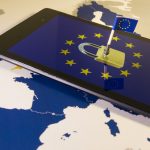Coming Soon: the EU’s Ministry of Truth?

Brian Mooney, editor of the Resistance newsletter, reveals how EU plans to combat ‘disinformation’ appear to be more about suppressing criticism of the EU itself. Full references for this meticulously researched piece can be accessed via the link at the end of the article.
The EU27’s leaders recently met to map out a post-Brexit future. The Commission’s briefing was strong on promoting the EU and in particular combating ‘disinformation’.
The Commission effectively defines disinformation as:
‘verifiably false or misleading information that is created, presented and disseminated to intentionally deceive the public – weakening their faith in institutions and established political processes.’
There is no doubt that this means EU institutions, as a separate document offers ‘challenging the EU’s democratic legitimacy’ as an example.
The definition excludes satire, parody or clearly identified partisan news and commentary, so tub-thumping opinion pieces by Frederic Forsyth or Nigel Farage might not be caught.
Reporting errors are out of scope. The EU’s high ground in claiming ‘responsibility to safeguard EU citizens’ right to factual, objective and reliable information’ is somewhat undermined by the briefing:
‘Telling the EU’s story in a more engaging and emotive way is a more effective means of communication than one restricted to factual, evidence-based arguments only…. A policy or political priority that is not explained and underpinned by examples and emotions is unlikely to be embraced in the same way’.
The Commission strongly believes that emotive storytelling works. So – don’t expect a cool, impartial and dispassionate response to claims that the EU is not a democracy. But who decides what is ‘fact’ or ‘disinformation’, and who is to act on it?
A clue is in the context in which the EU sees ‘disinformation’. It states that disinformation campaigns, in particular by third countries, are, ‘often part of hybrid warfare, involving cyber-attacks and hacking of networks’. This concept even spans economic, diplomatic and subversive activity that can be used by others (not necessarily states) while remaining below the threshold of formally declared warfare.
Massive disinformation campaigns, using social media to control the political narrative or to radicalise, recruit and direct can be vehicles for hybrid threats.
Although the finger is often pointed at ‘Russian sources aiming to suppress turnout and influence voter preference’, the EU moans that, ‘Domestic political actors often adopted the tactics and narratives used by Russian sources to attack the EU and its values’. (Gasp! The EU is obviously out to lionise grass-roots Eurosceptics?).
This in spite of the EU admitting that there is no evidence of a distinct cross-border disinformation campaign from external sources specifically targeting the recent European Parliament elections. Sir Nick Clegg, now of social media giant Facebook, agrees.
Several EU bodies and initiatives are involved in counter-offensive, not least the EU’s Foreign Office (EEAS). There is a network of ‘independent fact checkers’ covering 14 Member States, a European Regulators Group covering audio-visuals, and a network of national election authorities.
The media, including notably investigative journalists, are already being cultivated via an online media literacy library and learning centre, and the EU wants targeted campaigns for the public and training for media and public opinion shapers.
In line with the new audio-visual media services directive, Member States will have to bolster media literacy measures. The EU is already eyeing ‘improving citizens’ media literacy to understand how to spot and fend off disinformation’.
All this is going to be resource-intensive, not least if the EU is to have software to mine, organise and analyse vast amounts of digital data. Big Data meets Big Brother?
This is all supposed to be about protecting our European democracy from disinformation and manipulation. Funny, I didn’t hear the EU complain about interference from Barack Obama or the IMF in the 2016 referendum, or a disingenuous opinion poll claiming record support for the EU (ironically pushed by the Evening Standard, which is owned by a Russian).
As well as providing more funds, Member States are expected to beef up their own capabilities; the EU Action Plan seeks the mobilisation of all parts of government (including cybersecurity, intelligence, data protection, and law enforcement authorities).
This in spite of an earlier note that it only targets ‘disinformation that is legal under EU or national law’!!
It remains to be seen how much cash-strapped Member States will cough up; on average, the threat level is assessed as being medium to low.
However, should progress not be satisfactory, the Commission threatens further initiatives, including possibly legislation for online media companies.
The campaigners I’ve known over the years stick to the facts and use well-referenced sources to back up their assumptions on less clear topics. There is so much wrong with the EU that there is absolutely no case for making things up and damaging one’s credibility, as the truth will out. They will continue to show the EU up as it is.
My concern is more for journalists and content editors, often pushed for time, inexperienced and rarely expert in EU matters. If leaned on, they might be more likely to slavishly stick to official EU press releases etc, which are quite propagandistic, or to defer to the opinions of the EU’s retained ‘fact-checkers’, who might be even less expert.
What if an editor rejected fact-checker influencers and let controversial but evidenced content stand? Would they then be charged with intentionally disseminating misleading material?
Conversely, the more blatantly pro-EU media can expect an easier time. To paraphrase George Orwell, ‘he who controls the news, controls the future’. We have a fight on our hands.
Footnote:
The CIB pamphlet A House Divided. Can Parliament serve two masters: the Nation and the European Union? was published soon after the 2010 election. Page 14 contains the following pertinent information:
‘Freedom of speech and the Press
‘The unelected EU Commission has signalled its intent to control all press and media by issuing an EU press card. They will decide who can and cannot be a journalist. A 16 page document has already been issued, telling the EU press corps how it should and should not report the EU. Following an angry response from journalists, this was quickly withdrawn – but only from the public domain. It is waiting its turn to be reintroduced.
‘This may initially be on a “voluntary” basis but its power will be steadily strengthened over time until it could well become impossible to operate as a journalist without an EU press card. The Commission also aspires to control the internet, websites and blogging.
‘“Criticism of the EU is akin to blasphemy and may be restricted without affecting freedom of speech.”
– Opinion of Ruiz Jarabo Colomer, Advocate General of the EU Court of Justice 2000 in Case C-274/99
‘The Court of First Instance had previously ruled that “the EU may restrict political speech to protect its interests.”‘
For other notes and references see: http://www.newalliance.org.uk/eudisinfo.htm





